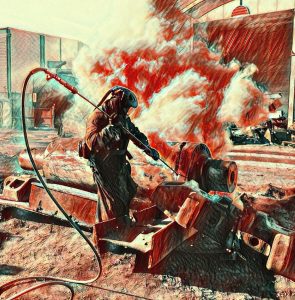What We Recycle
Metal recycling involves the recovery and processing of scrap metal from end-of-life products or structures, as well as from manufacturing scrap, so that it can be introduced as a raw material in the production of new goods. This may involve a number of steps such as identifying, recovering, refining and reclaiming precious or non-precious metals.
Why refining and recovering metals is important
Recycling in general has become increasingly important in our society. We are accustomed to hearing the three R’s of recycling (reduce, reuse, recycle) to include paper, plastics, bottles, cans, and cardboard; however, many people do not know that you can recycle precious and non-precious metal as well.
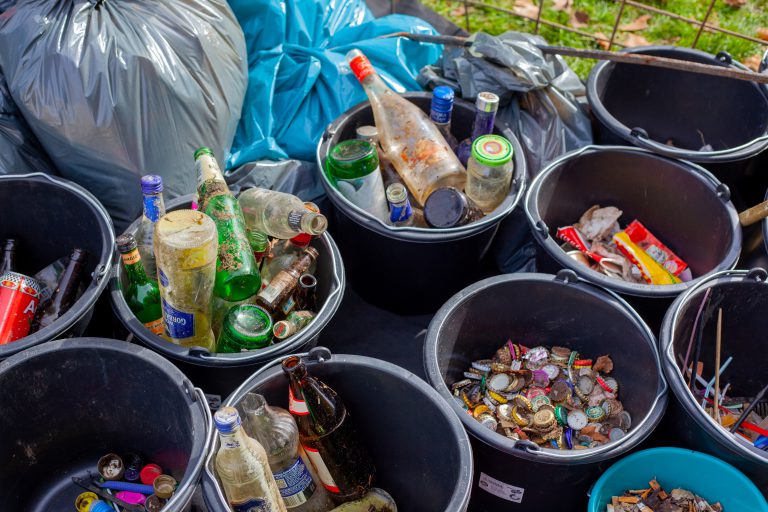

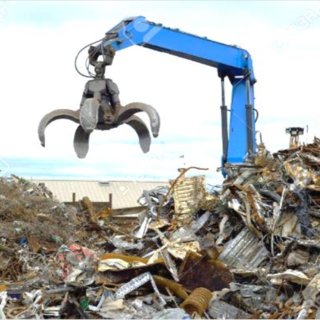
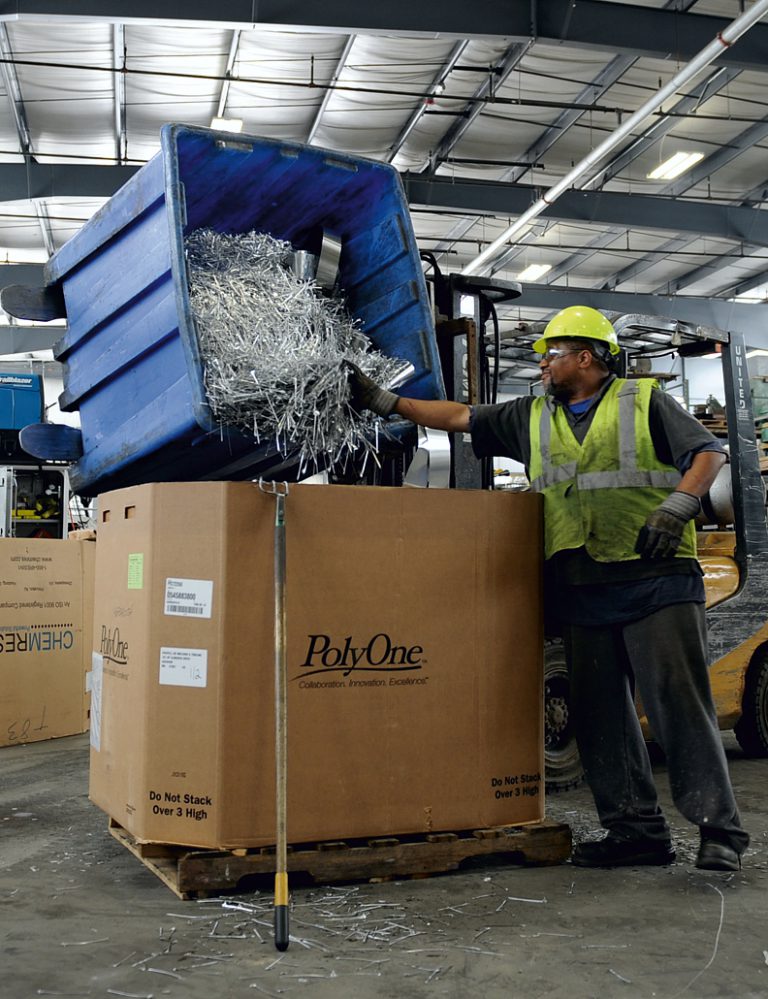
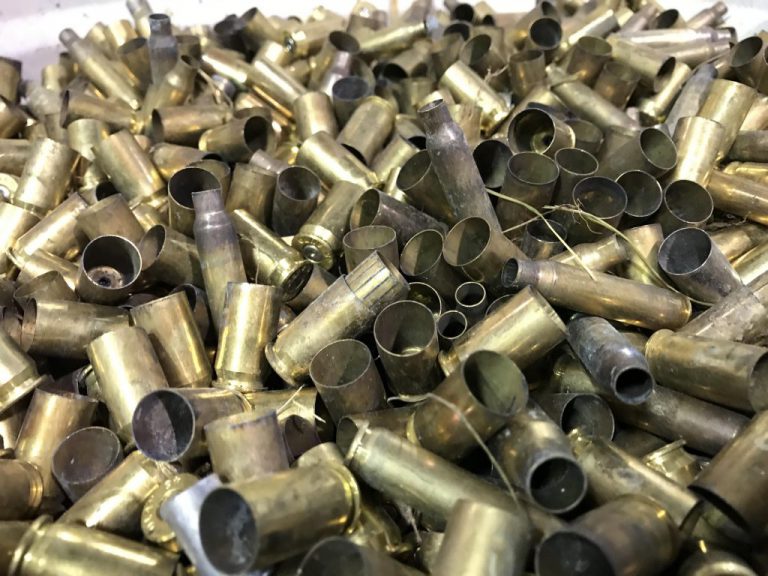
There is a wide range of reasons why you should refine and recover your metal rather than wasting it. Recycling metal reduces pollution, saves resources, reduces waste going to landfills and prevents the destruction of habitats from mining new ore. Scrap metal is a continuous resource. Because it can be re-melted and reshaped into new products countless times, recycled metal is a resource that will never be depleted. The production of new metal releases a far greater amount of greenhouse gas emissions compared with making products from recycled metal. These emissions may influence climate change and may also cause harmful levels of air pollution in cities, resulting in potential respiratory health problems for the residents.
Recovering precious metals from end-of -life products can also generate a good extra income. During these uncertain economic times investors have fallen back to the more stable commodities market, with precious metal prices (Gold and Silver in particular) rocketing as a result. Gold, silver, platinum and other precious metals can still be mined from natural sources. But mining is very costly and in many cases, it is becoming easier and more cost-effective to recover those metals from devices that already contain them. A ton of recycled cell phones actually contains more gold than a ton of gold ore that comes from most mines.
How to identify metals to refine
You can easily use a magnet to separate ferrous from not ferrous metals. Ferrous metals contain iron which in most cases makes it magnetic. If a metal is non-ferrous it doesn’t have iron in it, so it won’t stick to a magnet. Various other tests can be made to determine the type of metal and if it can be recycled or not. The most common is the appearance test, which consists in studying the physical features of the metal. Sometimes this can be quite difficult as there are metals that look similar to each other. Gold and brass, for instance, are often being confused as they have a very similar colour. After a deeper inspection, however, you should notice that gold is heavier and brass produces a bell like vibrating sound if you try to hit it. Other useful tests are the fracture test, which helps you identify a metal by analysing its broken part, and the spark test, which looks at the spark produced by touching the metal to a grinder.
To identify precious metals such as gold, silver and platinum you can also follow some simple rules.
- Precious metals aren’t magnetic — if the metal attracts the magnet, you know it must be an alloy mixture and not a precious metal.
- Gold won’t scratch glass — real gold is soft and malleable and won’t leave a scratch on a glass surface like other metals similar to gold do. You can also try to run the gold piece on a section of tile. If the piece leaves a black mark, it doesn’t contain pure gold. High-quality gold pieces will leave a yellow or gold streak on the tile’s surface.
- Silver feels warm to the touch — silver will feel closer to your body temperature when you hold it in your hand and it is also a great heat conductor.
- Precious metals rub off differently — if you rub an item against a cloth, real gold will leave no mark. With silver items, expect just the opposite. Real silver or silver-plated items will turn the cloth black.
- At All Waste Matters we have many years of experience in refining of precious metals in a number of industry sectors. We can help you turn seemingly in significant scraps into profit for your company.

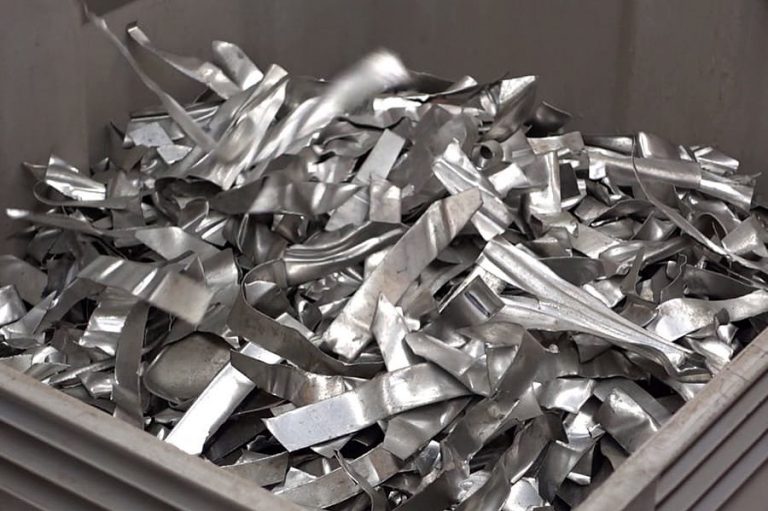
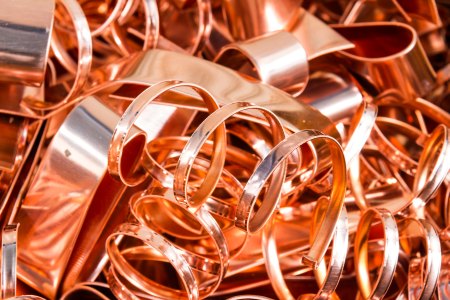
Sustainability
Turin is in the process of certification in accordance with ISO 9001 and ISO 14001
Request A Quote Today
...
Reach Us
Location :
Turin Sweden Branch
Arenavägen 29 8tr
121 77 Johanneshov
Email :
info@turingroup.se
Phone :
+371 27296661
+371 29505819
